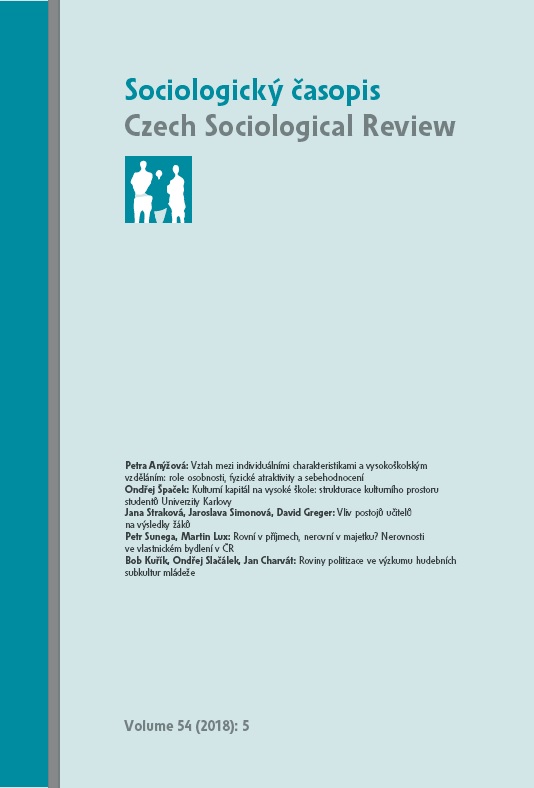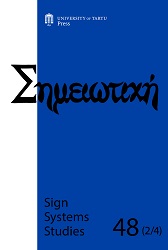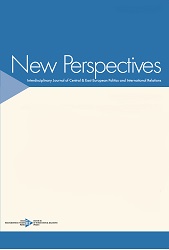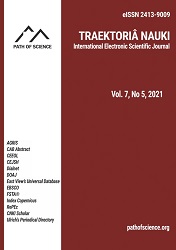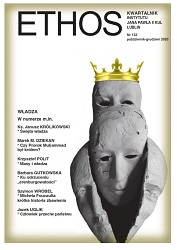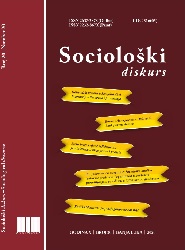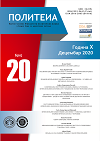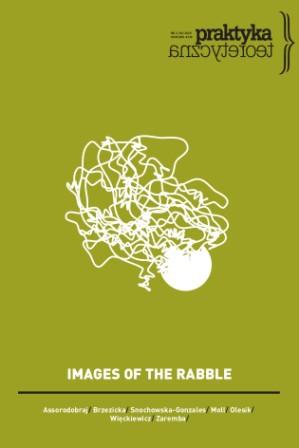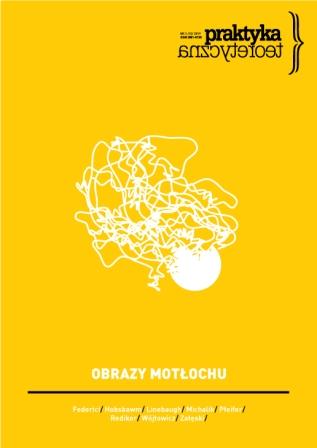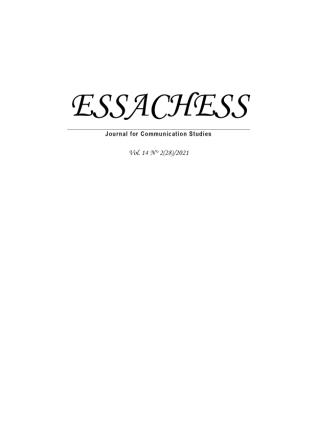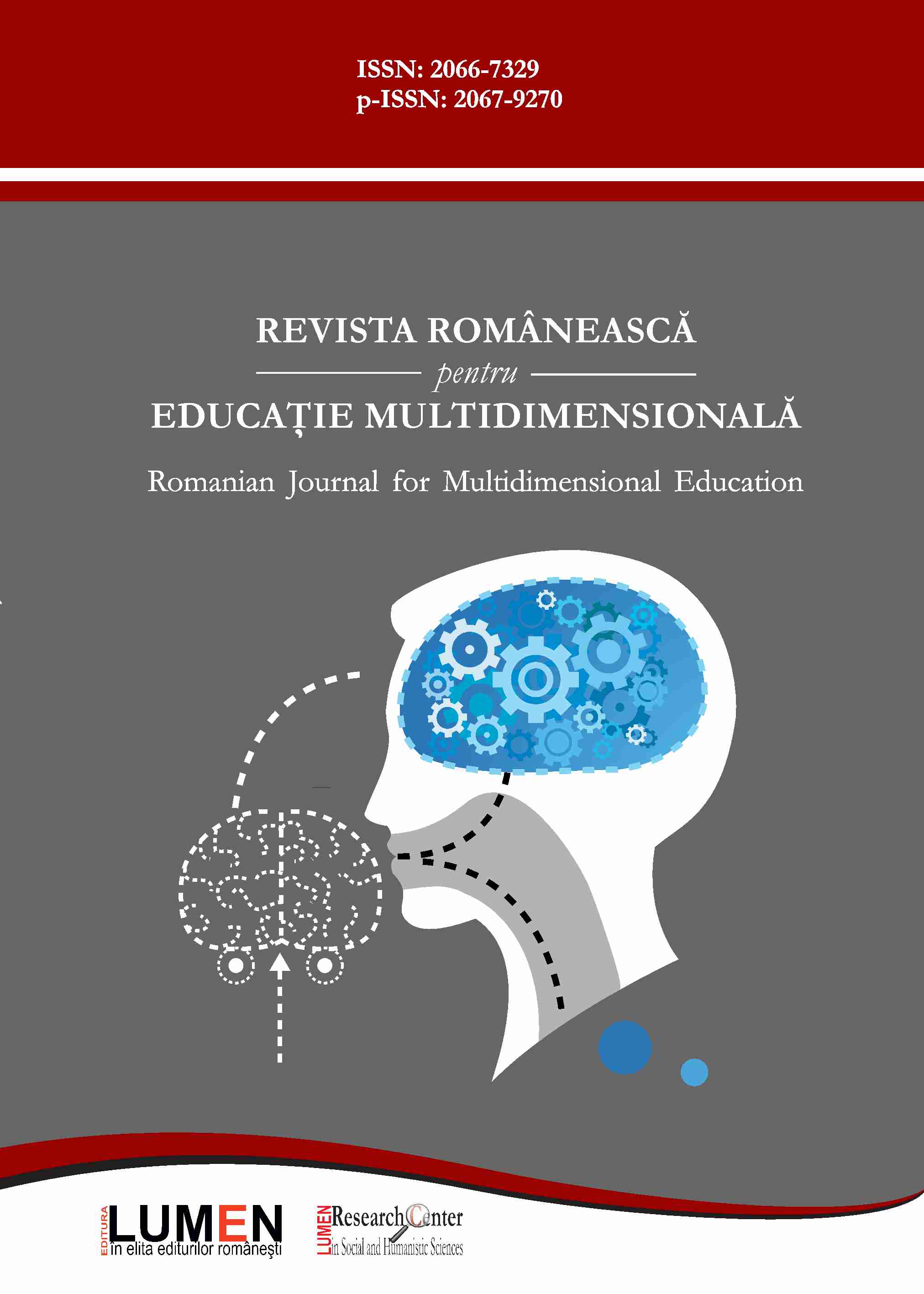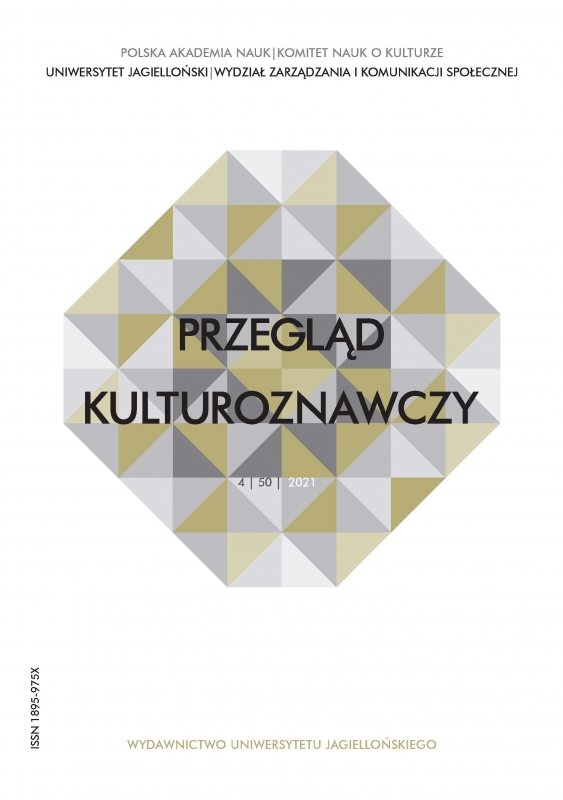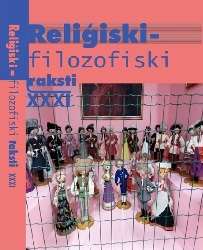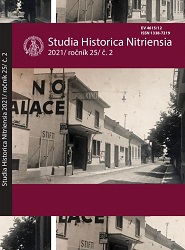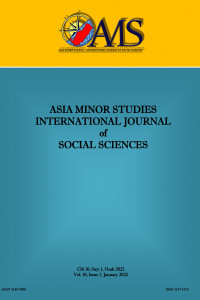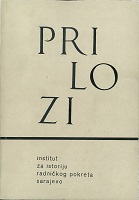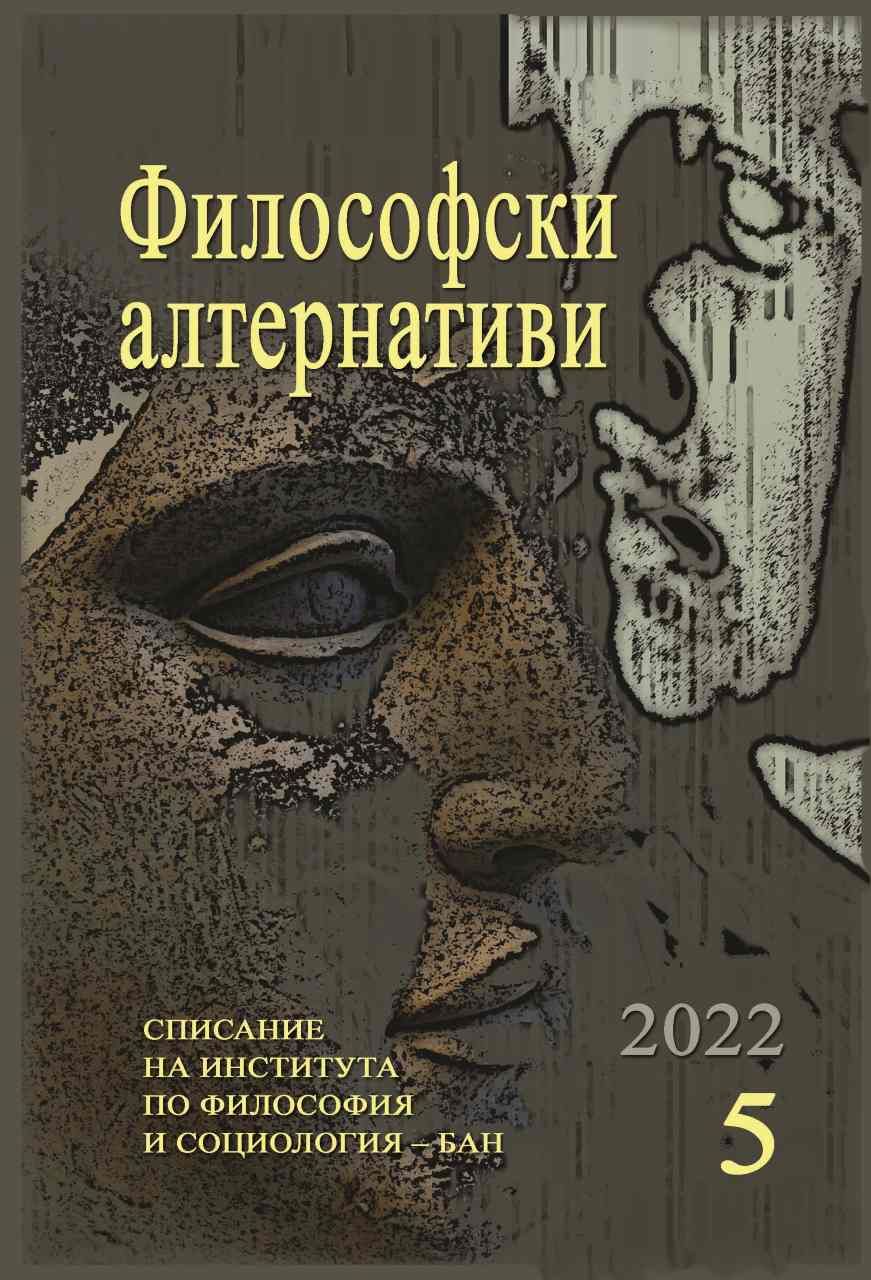Author(s): Mehmet Teltik / Language(s): Turkish
Issue: 1/2022
Terrorism is an event that has multiple social, political, economic and even spatial effects in the world. In the last 10 years, the development that most closely concerns the world and our country's public opinion in terms of terrorism is the DEASH organization that emerged in the Middle East. In a very short period of time, it gained dominance over a wide geographical area. Although its power weakens from time to time, its influence in the Middle East continues. Various researches are carried out from different branches of science on the actions and activities of DEASH. In this study, the ideological and economic orientations of the DEASH Terrorist Organization were examined, its historical development, propaganda and action methods were discussed in detail and certain analyses were made. The main purpose of the study is to reveal the activist profile of the organization and, accordingly, to reveal the propaganda activities through the journals Rumiyah, Konstantiniyye and Dabiq, which are known to represent the organization on a macro scale. Quantitative and qualitative methods were used together in the present study. Especially in the activist profile, the data taken from Gaziantep Courthouse was taken as a reference and used descriptively within the scope of the study. In the analysis of the journals, the MAXQDA 12 program was used to reveal the propaganda structure of the organization. The results obtained indicate that the DEASH Terrorist Organization actively uses propaganda to keep its members and sympathizers fit and strong. It has been found out that words such as “Allah”, “Islam”, “Muslim”, “Jihad”, “Martyr”, “Infidel”, “Apostate”, “Caliphate” and “Taghut” are used as propaganda tools in all of the journals. The basic prediction of the study is that the propaganda activities will increase from time to time and decrease from time to time in parallel with the power of the organization in the Middle East Geography. In addition, it is thought that Turkey will continue to be introduced as an enemy in the following issues of the aforementioned journals. This situation emerges as an important method in providing the basic motivation of the members of the organization.
More...
